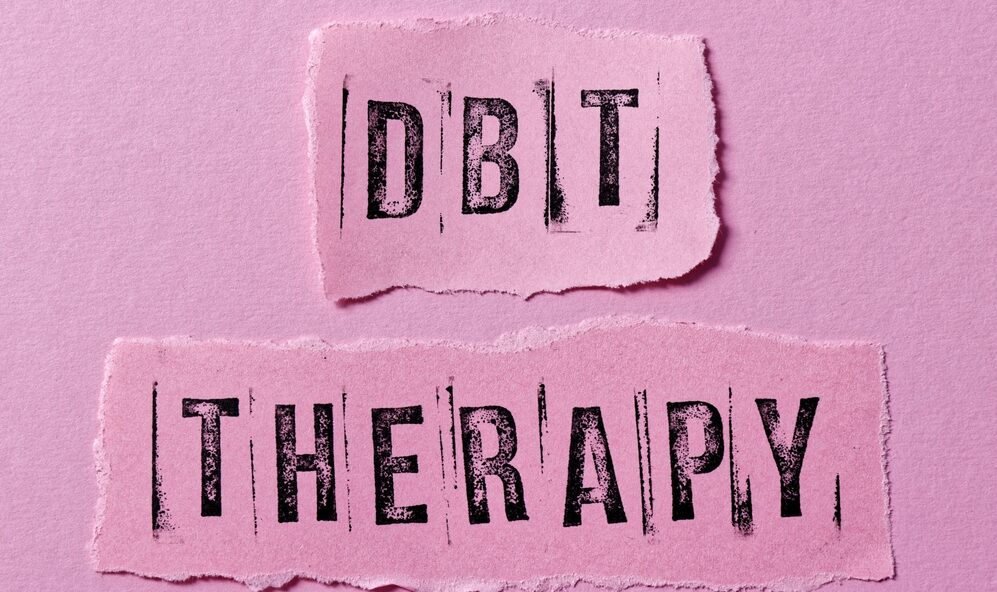Dialectical behavior therapy, also known as DBT, is an evidence-based form of psychotherapy that places primary emphasis on the psychosocial aspects of treatment. Psychologist Marsha M. Linehan developed dialectical behavior therapy (DBT) in the late 1980s as a means to more effectively treat chronically suicidal individuals diagnosed with borderline personality disorder (BPD). DBT combines techniques from western cognitive behavioral therapy (CBT), psycho-educational modules, and eastern mindfulness-based practices to foster the systematic learning of new emotional coping skills. Psychology Today explains that the “goal of DBT is to transform negative thinking patterns and destructive behaviors into positive outcomes.” Although it was originally developed and remains the gold standard method of treatment for individuals diagnosed with borderline personality disorder, evidence has shown it to be an effective method of treatment for many other mental health conditions.
DBT Format
DBT is comprised of three different therapy settings, including weekly individual psychotherapy sessions, weekly DBT skills training group therapy sessions, and as-needed phone coaching. DBT focuses on teaching skills in four key areas, which are more commonly known as the four modules:
- Core mindfulness: the practice of being fully aware and entirely present in any given moment.
- Distress tolerance: focuses on developing tools and techniques to accept, find meaning through, and tolerate distress.
- Emotion regulation: focuses on helping an individual identify, name, understand the function of, and regulate their emotions.
- Interpersonal effectiveness: focuses on developing assertive communication methods that enable an individual to engage with others in a way that is nondestructive, maintains self-respect, and strengthens relationships.
The multifaceted approach helps individuals learn, apply, and master the DBT skills. Weekly individual therapy sessions provide an individual and his or her clinician with the opportunity to co-create behavior plans that incorporate long- and short-term goals to improve self-worth, establish self-compassion, acceptance, and cultivate a positive self-identity. In DBT skills training group sessions the clinician running the session will follow the lessons provided in the DBT curriculum, teach the skills, and facilitate activities to allow the participants to practice using the DBT skills learned. DBT skills training group sessions offer participants an emotionally safe environment to begin to implement the DBT skills alongside others working on similar issues. Group members are encouraged to share their experiences and provide mutual support, which can be invaluable to the therapeutic process. The work that occurs during the DBT skills training group sessions continues, as homework that corresponds to the DBT skills taught or visited during each DBT group session are regularly assigned. Phone coaching provides participants with access to twenty-four-hour support between sessions should crisis arise. Dialectical behavior therapy helps individuals foster healthy coping mechanisms and useful techniques for managing stress, regulating emotions, and improving relationships with others.
The information above is provided for the use of informational purposes only. The above content is not to be substituted for professional advice, diagnosis, or treatment, as in no way is it intended as an attempt to practice medicine, give specific medical advice, including, without limitation, advice concerning the topic of mental health. As such, please do not use any material provided above to disregard professional advice or delay seeking treatment.


